_1749191742_WNo_1080d700.webp)
When the salty sea breeze of May brushes past the coastline at 30°N, at Qifeng Pier in Fenghua, station master Lao Zhou of the SeaHi® Recycling Station places a basket of ocean plastics into the “Ocean Partner” eco-station. This smart recycling unit automatically identifies and weighs the materials, simultaneously uploading Lao Zhou’s “carbon data” onto the blockchain. At this very moment, from the coast of the East China Sea to the virgin Korean pine forests of the northeast, a dialogue of life is unfolding. On the 2025 International Day for Biological Diversity, themed “Be Part of the Plan”, we answer this call to safeguard life across mountains and seas.
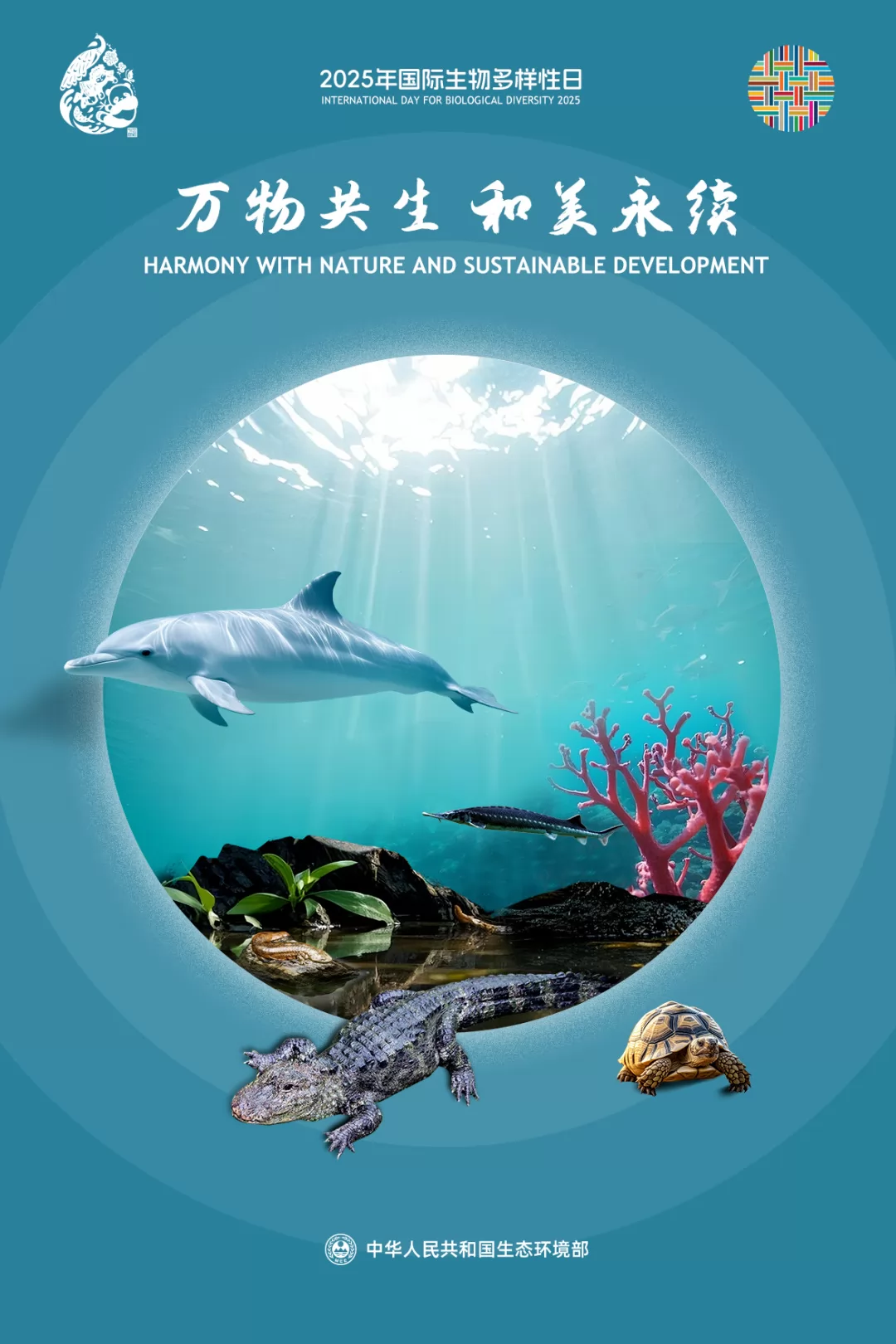
In the ocean, which covers 71% of the Earth’s surface, coral reefs are bleaching at an annual rate of 2%—the equivalent of losing 1.5 football fields of "marine rainforest" every hour. Plastic pollution strangles sea turtles like a ghostly chain; overfishing has caused the tuna population to plummet by 75% compared to the last century; ocean acidification is corroding the calcium shells of marine creatures.
But hope is never far away. In Beidaihe, Qinhuangdao, Hebei Province, a decade of systemic restoration has returned previously murky waters to Class III water quality. Fiddler crabs now thrive again on restored tidal flats, and the number of migratory birds has surpassed 100,000 annually. In Qingdao’s West Coast New Area, a transformation from “blue seas and silver beaches” to “gold and silver mountains” has taken place. Lingshan Bay has been named among China’s first “Beautiful Bays,” while carbon sink fisheries sequester CO₂ equivalent to the annual absorption of 50,000 mu of forest. The critically endangered Zhenhai knobby newt, protected at the national level, now thrives in Beilun, Ningbo, thanks to the expansion of a 12,000 m² reserve and breakthroughs in artificial breeding. This proves that when humanity and nature heal together, oceans regain their vitality.
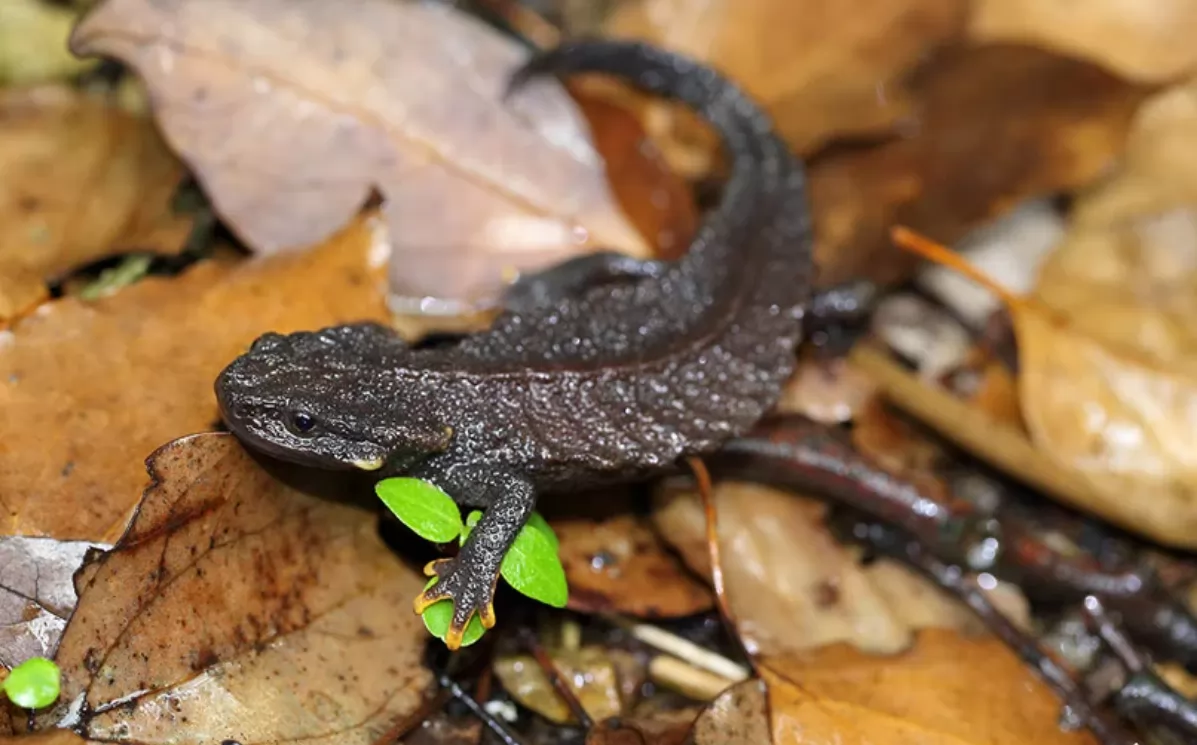
In Chunhu waters, Fenghua, the “Ocean Partner” eco-station safeguards the “tiny spirits” of this marine area. Returning fishing boats offload collected nets and plastic bottles, which are processed at the station. Volunteers from all walks of life also help clean the beaches, reducing plastic waste. Recycled plastics are transformed into apparel fabrics, electric toothbrushes, plastic goods, and stationery. Fishermen can redeem these eco-friendly products with “carbon credits.” These regenerative products tell marine stories—each T-shirt and cap becomes a roaming advocate for ocean protection. As veteran fisherman Lao Zhang says: “Garbage used to be a burden, now it’s a treasure. The sea is cleaner, and life is better.” In 2025, the project helped 30% of fishermen increase their annual income by nearly ¥10,000, turning marine protection into a tangible “blue economy.”
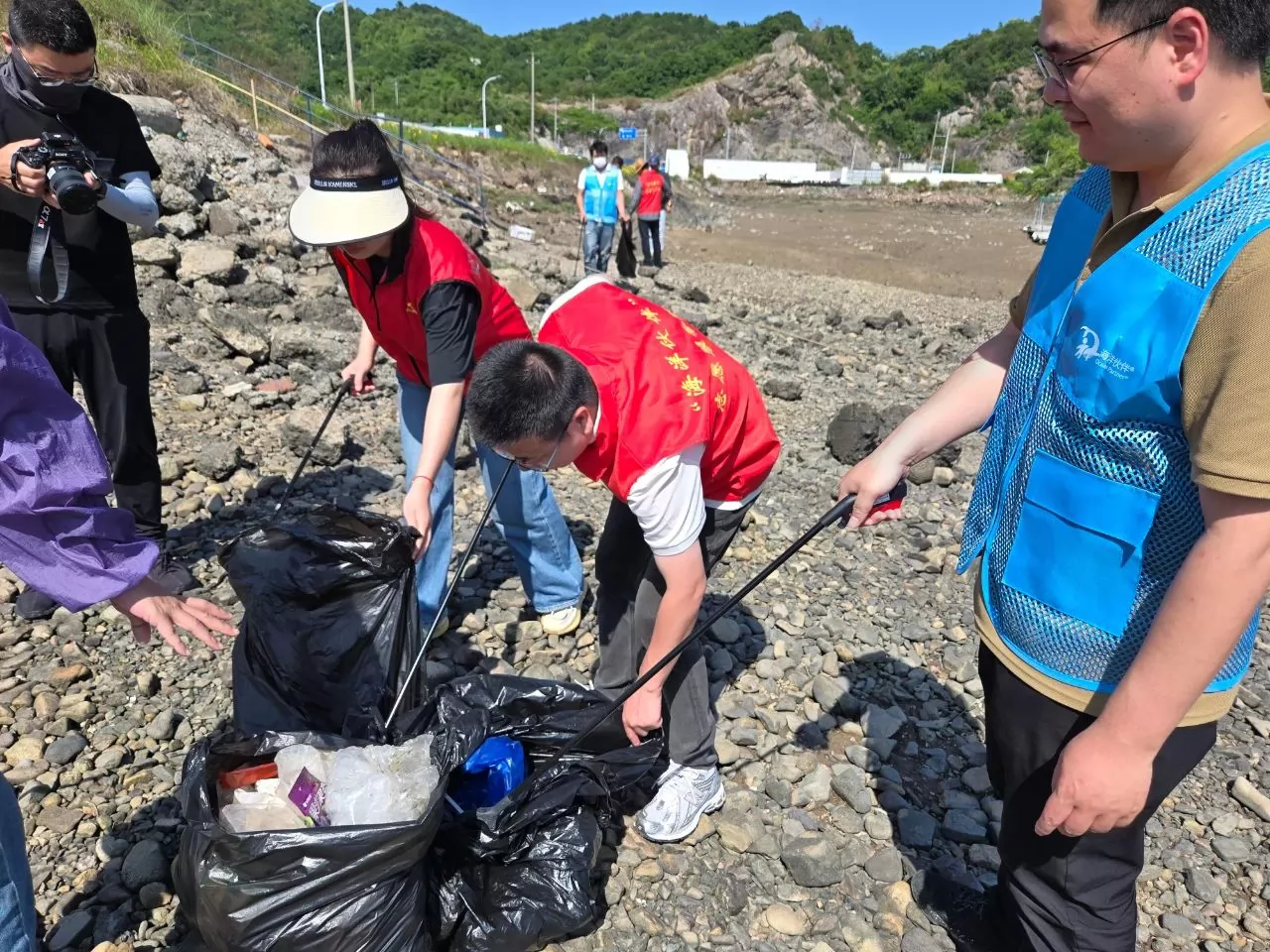
The “Ocean Partner” station is more than just a piece of tech—it’s a platform to raise environmental awareness. The volunteer team includes fishermen, lawyers, entrepreneurs, and more, who regularly organize beach cleanups. Experience events are held for citizens and children to learn about marine pollution firsthand. The second floor, SeaHi® Café, has become a social hotspot where visitors can trade carbon credits for coffee—bringing sustainability into daily life.
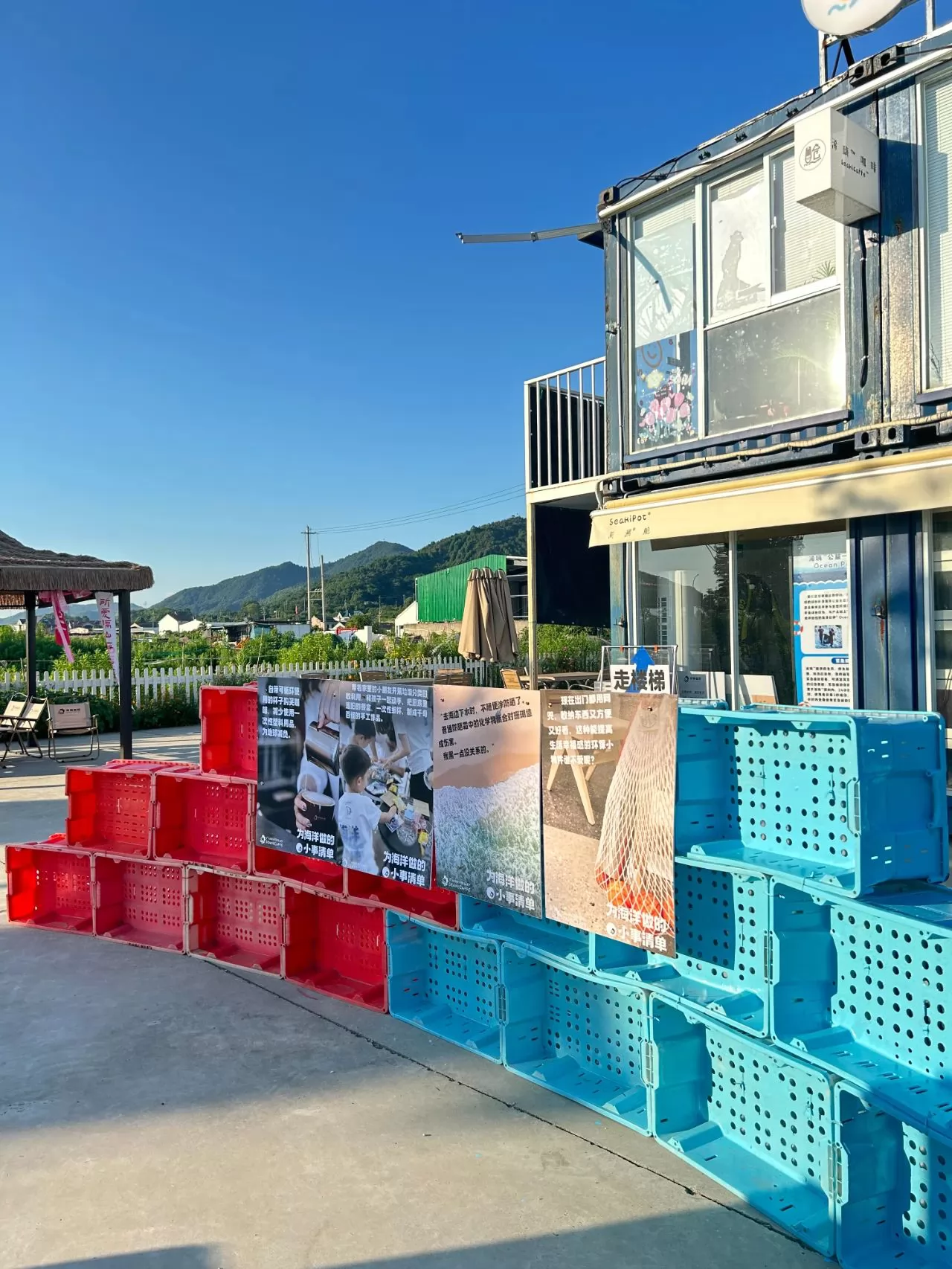
On the occasion of the 2025 International Day for Biological Diversity, the practice of the “Ocean Partner” station offers a Chinese solution to global marine governance. When humans protect the ocean with technology, the ocean reciprocates with life. On the road toward “Harmony with Nature, Sustainability for All,” the “Ocean Partner” is proving through innovation and action that biodiversity protection is not a choice, but a necessity. From Fenghua to the world, from fishing villages to cities, let us walk hand in hand so that our blue planet may forever shine with the brilliance of life.
Discover this amazing content and share it with your network!
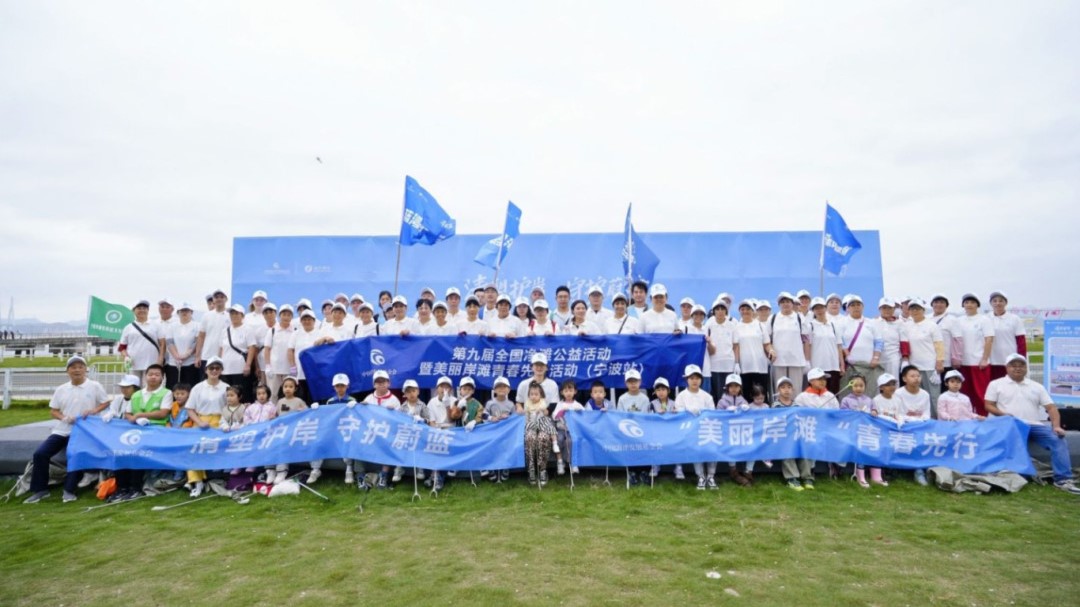
Discover the successful Ningbo session of the 9th National Coastal Cleanup Campaign. Families, youth, and eco-teams united to protect the ocean, advocate recycling, and promote sustainable coastal action.

Explore recycled AS pellets: transparent, BPA-free, high-performance sustainable plastic for consumer goods, packaging, electronics, and automotive applications.
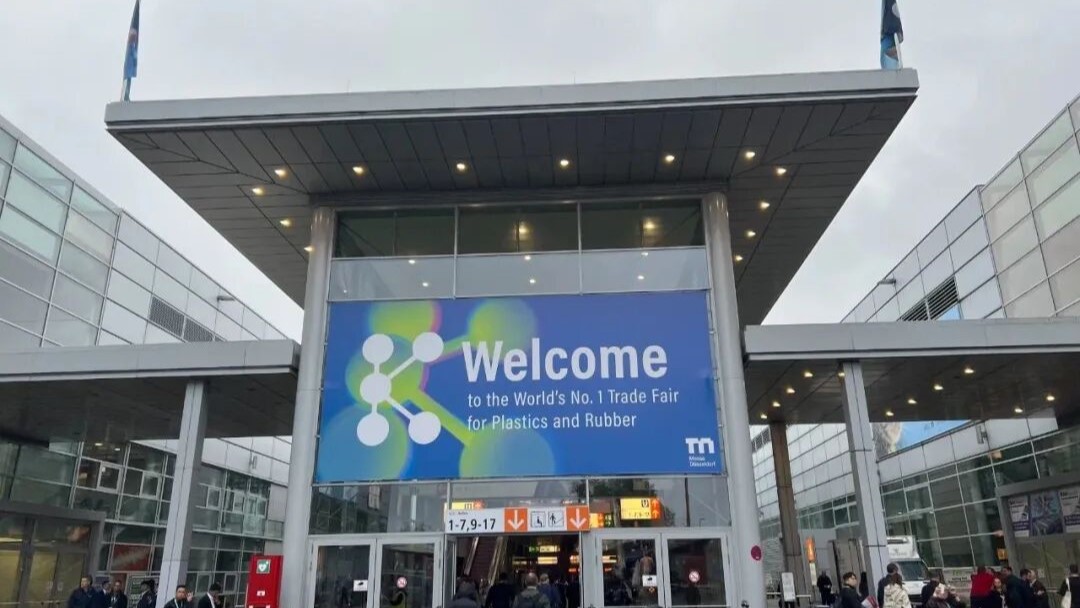
Topcentral® joined China’s national delegation at K 2025 Düsseldorf to promote sustainable polymer innovation and global circular economy collaboration.

